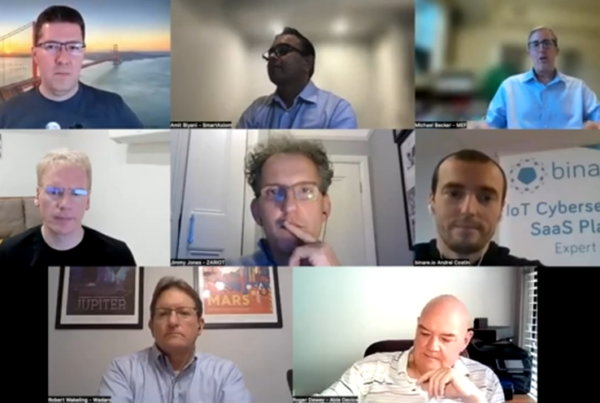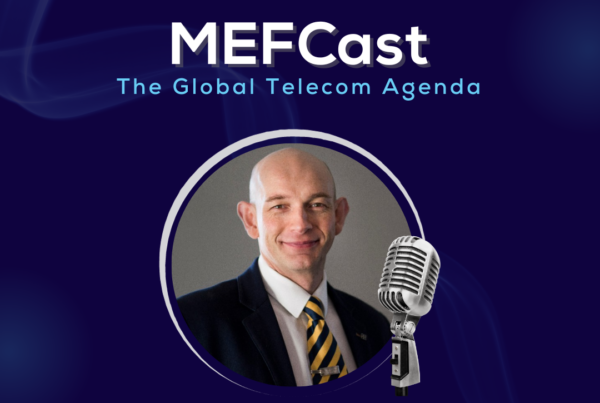Many believe there’s an easy way to make our digital lives simpler, safer and more private. Let people own their data. Over the next few weeks, MEF will present a series of articles on this rising topic. First, an introduction…
There’s a powerful idea gaining momentum in digital circles. It affects how we think about data privacy, how we buy from brands, how we interact with government and even how we can take control of our identities.
The trouble is, no one knows what to name it. Choose from:
The personal data economy
The internet of me
The API of me
Privacy as currency
OpenData

Whatever you call it, the idea can be summed up as follows – returning the control of personal data from enterprises back to the individual. Before we think about how that might happen, let’s look at why it needs to happen. Broadly there are two reasons. The first concerns privacy, the second efficiency.
Privacy
In the last decade, ecommerce and social media have exploded. That has led to an exponential rise in digital data. Organisations routinely gather demographic and payment data about their users, and some of them track the digital behaviour of consumers too.
The most explicit expression of the latter is advertising. Digital brokers and ad-tech firms routinely track online activity, and spend billions of dollars every year trying to guess what consumers want to buy next.
The result is advertising that many believe is creepy. And it’s led to a rising concern about digital surveillance. Last year, a report by Pew revealed 91 per cent of US adults believe they have lost control of how personal information is collected and used by companies.
Of course, consumers are fighting back. The rise of ad blocking is an expression of this resistance. Installation of ad blocking software on mobile devices jumped 90 per cent in 2015 to 419 million devices, according to PageFair.
That said, people do differ in their attitude to privacy. Some care little about alleged ‘intrusion’, and believe surveillance is a fair ‘price’ to pay for free internet search or social sharing.
However, everyone rails at the inefficient way that data is exchanged online.
Efficiency
Imagine if you move house. How many sites and services would you have to visit to register your new details? Or consider what would happen if you wanted to move your bank account to a new provider. How long would that take? How easy would it be?
Every consumer has experience of these nightmarish bureaucratic scenarios. They are caused by the fact that all the organisations we deal with collect bits of data about us. But these data sets are in silos, and most of them cannot ‘talk’ to each other.
If only there was one place in which we could store everything about us. We could then change the information once and send it off to every organisation we interact with.
Historically, companies like Facebook and Google have tried to become these digital repositories (hence ideas like Facebook Connect). But many consumers distrust them, and there’s also a limit to how much data they can gather.
Clearly, there’s only one ‘entity’ that can do the job. The individual. It’s obvious. So why hasn’t it happened?
Why now?
The simple reason is that, until recently, the technology didn’t exist. Storing data in the cloud was expensive. Only enterprises could really afford and justify it. The result? All those data silos.
But now, we live in an age of cheap cloud storage, APIs and powerful smartphones. It’s finally possible for individuals to curate their own data on a device that’s always with them – and for this data to ‘sync’ with third parties.
In theory, people could store information about every aspect of their lives such as:
- Basic ID
- Health information
- Financial information
- Buying history
- Social media history
- Photos and videos
- Travel history
- Quantified self (footsteps, heart rate etc)
- Education records
Obviously, they could use this information to make their lives easier. Imagine getting an insurance quote if a policymaker could see instantly all relevant data, for example.
They could also even exchange their data for value. A consumer might agree to let a brand see their credentials in return for money off or for a more customised service.
In this sense companies would benefit too. Those that embrace the concept would attract willing customers. And they would also be freed from the burden of stockpiling data about people. After all, gathering and storing information about customers is a security risk and involves regulatory compliance.
Many enterprises would rather not carry this burden.
A movement
Arguably, the futurologist Doc Searls started this movement in his 2012 book ‘The Intention Economy’.
Sears has a missionary zeal about the concept. And it’s rubbed off on lots of people in the tech space. At the inaugural MyData 2016 event in Finland last month, you could sense this. Among the 500 attendees were some very passionate individuals about a human centred approach to data.
There were plenty of businesses and different stakeholder groups there too. And there needed to be. Because the truth is, someone has to turn this fuzzy idea into commercial reality. They have to sell the concept to individuals for a start.
Much of the innovation in the space is currently in the hands of a number of start-ups usually called PIMS (Personal Information Management Services). They include MEF members Digi.me and Meeco, and there are said to be an impressive 700+ PIMS companies active in the space.
Features Editor
MEF Minute


Some are consumer-facing. They give people a place (usually an app) into which they can load all their personal information. Others are working directly with enterprises and brands to open up their platforms.
However, there’s also an opportunity for much bigger organisations to participate. The health sector is an early-mover in trialling the emerging technologies and business models and banks and network operators, for example, are also looking at how they can best leverage their trusted brands and the data they hold.
Over the next few weeks, we will run a series of interviews from My Data 2016 to learn more about the exciting opportunity of the personal data economy






I am very happy to see MEF take a leadership position in driving this conversation. I have similarly been passionate about the topic of brokering one’s own personal data for the last 5 years. Perhaps some of my friends at MEF may even remember my asking about this at any number of conferences :-). I look forward to seeing the next installments. Well done MEF!
An excellent introduction to this rapidly emerging and very exciting space. The question you left hanging is ‘So why hasn’t it happened?’ The simple answer is that it firstly involves a massive shift in thinking. A shift that will favour the early adopters. Secondly, that the practicalities are complex. Our challenge is to deliver a simple and pragmatic solution. We’re working on it!
I look forward to reading the next installments.